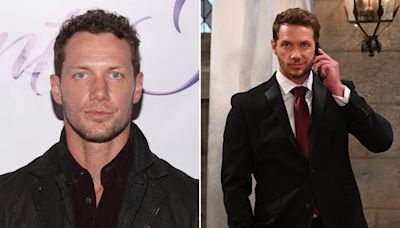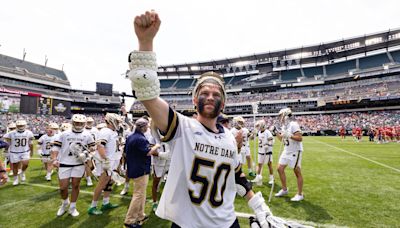Search results
Toasting ( rap in other parts of the Anglo Caribbean) or deejaying is the act of talking, usually in a monotone melody, over a rhythm or beat by a deejay. It can either be improvised or pre-written.
Winston Foster OD, (1956 or 15 January 1959) better known by the stage name Yellowman and also known as King Yellowman, is a Jamaican reggae and dancehall deejay. He first became popular in Jamaica in the 1980s, rising to prominence with a series of singles that established his reputation.
Grace Latoya Hamilton (born 6 August 1982), known professionally as Spice, is a Jamaican dancehall deejay and singer. Known as the Queen of Dancehall, Spice is recognised as one of the most prominent dancehall artists in the world. She is known for her aggressive flow, musical versatility and outspoken lyrics. Spice first gained recognition ...
William Anthony Maragh (born 25 June 1963), also known as Super Cat, is a Jamaican deejay who achieved widespread popularity during the late 1980s and early 1990s dancehall movement. His nickname, "Wild Apache", was given to him by his mentor Early B.
May 25, 2022 · A deejay legend who bridged generations. And now, with his first new track in a decade and a rare show at Radio City Music Hall this weekend, all signs are pointing to a Super Cat comeback.
In Jamaican music, a deejay (DJ) is a reggae or dancehall musician who sings and "toasts" (raps) to an instrumental riddim. Deejays are not to be confused with DJs from other music genres like hip hop, where they select and play music.
Toasting is a style of lyrical chanting which in Dancehall music involves a deejay talking over a riddim. Though the art of chanting over a beat is quite ancient, and found in many African-based musical traditions, Toasting became quite popular in Jamaica in the late 1960s and early 1970s.






